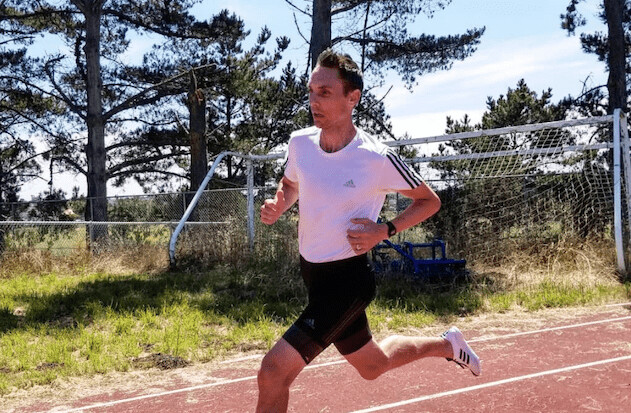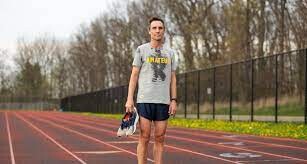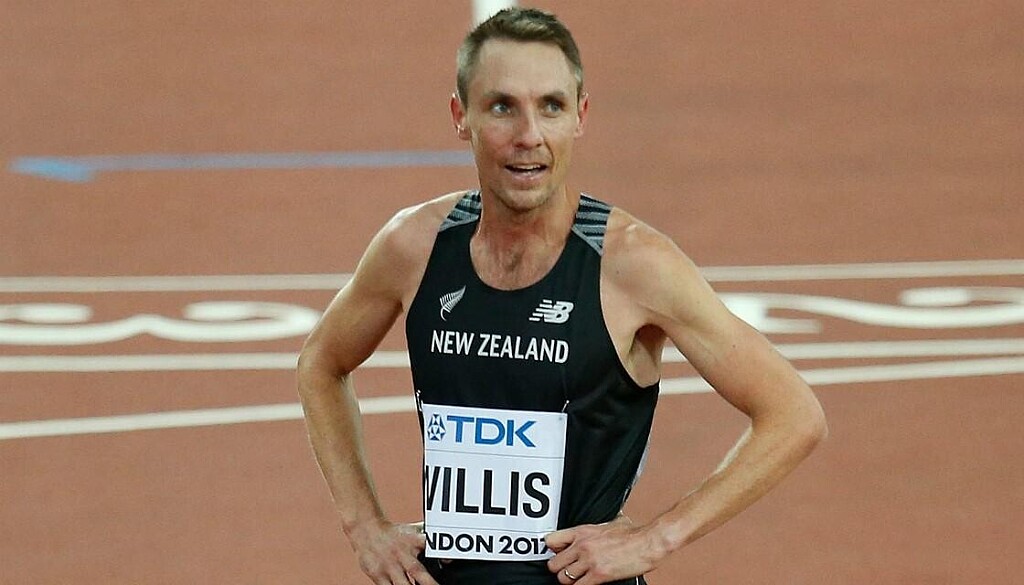Running News Daily
Running News Daily is edited by Bob Anderson. Send your news items to bob@mybestruns.com Advertising opportunities available. Train the Kenyan Way at KATA Kenya and Portugal owned and operated by Bob Anderson. Be sure to catch our movie A Long Run the movie KATA Running Camps and KATA Potato Farms - 31 now open in Kenya! https://kata.ke/
Index to Daily Posts · Sign Up For Updates · Run The World Feed
Two-time Olympic medalist Nick Willis’ advice to injured runners
New Zealand’s Nick Willis is a two-time Olympic medalist whose elite running career has lasted more than 20 years and is still going strong. With a resume like that, it’s safe to say the guy has probably had a few injuries throughout his time as a runner, so when he offers his advice on how to deal with the aches and pains that come with the sport, runners everywhere would do well to listen up.
Recently, he took to Twitter to do exactly that, and his advice is something runners of all levels should take to heart.

Through a series of Tweets, Willis described a recent calf injury he sustained while running on a slippery path in the rain. When dealing with an injury, most runners’ first instinct is to foam roll, stretch and massage right away, but that’s not what the running veteran did: instead, he stopped running immediately and started doing strength work.
More specifically, he began doing three sets of 20 calf raises, three times per day. He began with just his body weight, eventually adding weight as he got stronger. During that time, he began running every second day, stopping as soon as he felt his calf cramping up again, which was at the 15-minute mark for his first run. As he continued to diligently do his calf raises, he was able to increase the length of his run every time he hit the road by 10 minutes, until after 10 days, he was able to do a full 60-minute run.

Here is where the important part comes in: it was not until after 12 days that he finally went and got some massage done, which he knew would act as a diagnostic tool to see how far his injury had improved. If the pain was too much during the massage, he knew there was still inflammation there and he wasn’t yet in the clear.
Fortunately for him, the pain subsided and the massage helped a lot, and he believes that waiting nearly two weeks before getting any massage done was the key to his success. Any earlier, he believes, would have been counter-productive. Biomechanist and ultrarunner Geoff Burns weighed in on the thread, wholeheartedly agreeing with Willis. He points out that a big mistake many runners make is overly treating an injury in the first few days it appears, and stretching, poking, testing and massaging something that hurts will likely only increase whatever structural damage has already occurred. In other words, “wait for the snake to stop hissing,” he says.
Of course, not every injury can be solved in a couple of weeks by doing calf raises, but the takeaway here is that often, when injury strikes, we tend to panic and want to do everything we can to fix it right away. While this is understandable, we’re better off calming down, giving our bodies a break and taking things one step at a time. In most cases, this will ultimately speed up the recovery process and get you back on the road sooner.
by Brittany Hambleton
Login to leave a comment




